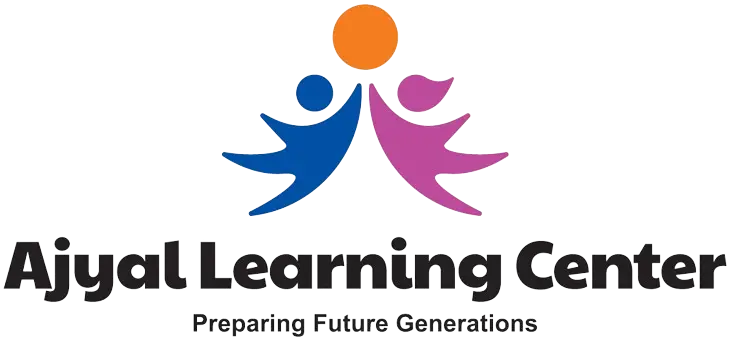IGCSE Physics Course – Edexcel Curriculum
The IGCSE Physics Course (Edexcel) offers a thorough exploration of fundamental physics principles and their practical applications. Designed to prepare students for the Edexcel IGCSE examinations, this course covers eight core units that develop conceptual understanding, problem-solving skills, and scientific inquiry essential for success in physics and related fields.
Students will engage with theoretical knowledge, experimental techniques, and real-world physics phenomena to build a solid foundation for further education.
📘 Course Content Overview
Unit 1: Forces and Motion
-
Movement and position
-
Forces and shape
-
Forces and movement
-
Momentum
-
Turning effect of forces
Unit 2: Electricity
-
Mains electricity
-
Current and voltage in circuits
-
Electrical resistance
-
Electric charge
Unit 3: Waves
-
Properties of waves
-
Electromagnetic spectrum
-
Light waves
-
Sound
Unit 4: Energy Resources and Energy Transfers
-
Energy transfers
-
Thermal energy
-
Work and power
-
Energy resources and electricity generation
Unit 5: Solids, Liquids, and Gases
-
Density and pressure
-
Properties of solids, liquids, and gases
Unit 6: Magnetism and Electromagnetism
-
Magnetism and electromagnetism
-
Electric motors and electromagnetic induction
Unit 7: Radioactivity and Particles
-
Atoms and radioactivity
-
Radiation and half-life
-
Applications of radioactivity
-
Nuclear fission and fusion
Unit 8: Astrophysics
-
Motion in the universe
-
Stellar evolution
-
Cosmology
🎯 What Students Will Gain
-
Comprehensive understanding of physics concepts and laws
-
Practical skills in scientific investigation and experimentation
-
Confidence to tackle Edexcel IGCSE exam questions
-
Insights into the role of physics in technology, energy, and the cosmos
- Laboratory experiments
- Graph plotting and analysis
- Circuit construction and testing
- Wave demonstrations
- Data collection and interpretation
- Problem-solving exercises
- Past exam paper practice
- Astronomy observations and projects
- Collaborative group work
- Critical thinking challenges

